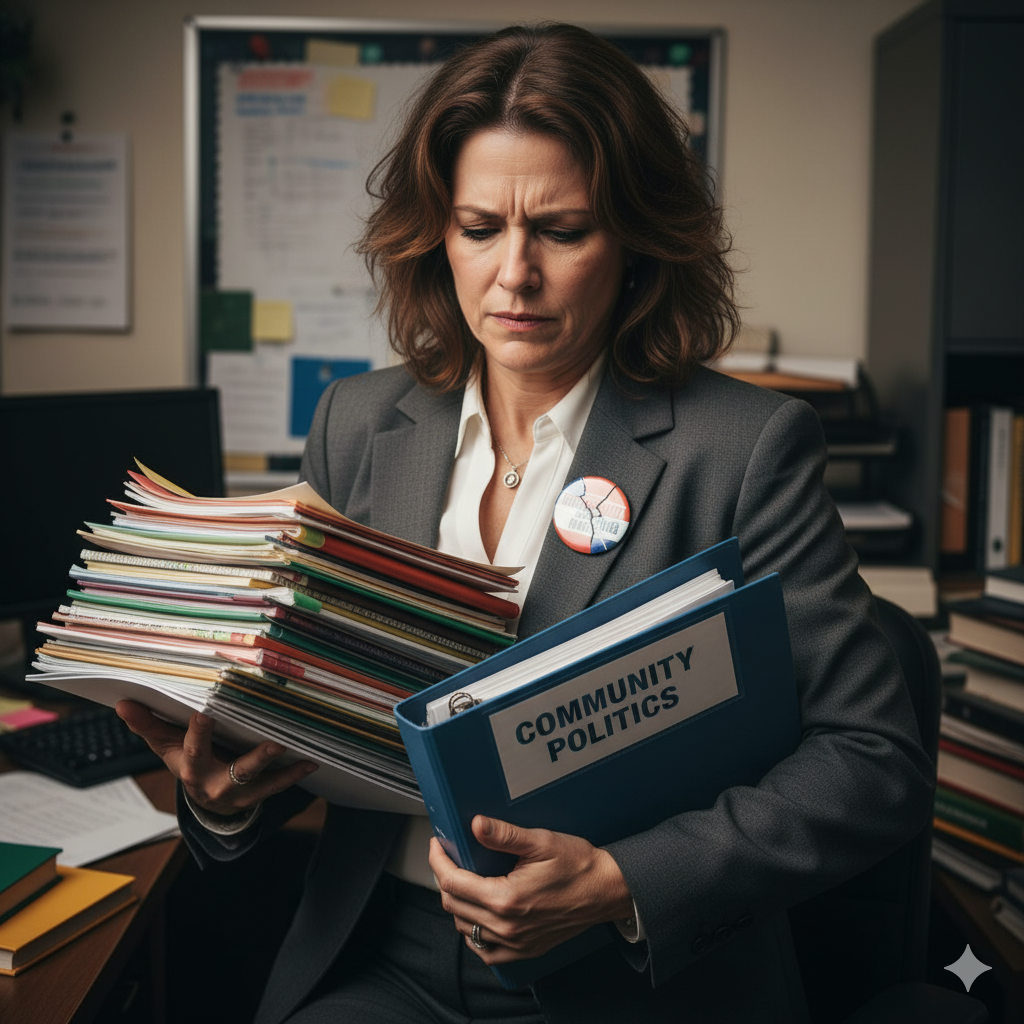The Silent Crisis: Why Aspiring Superintendents Are Saying 'No'
The role of the superintendent has always been one of immense pressure and profound responsibility, demanding not only strong leadership but also unwavering dedication to the community. However, in recent years, it has transitioned into a challenging crucible that few qualified individuals seem willing or able to enter. The article, “Crisis in the Making: Superintendent Shortage is Real and Getting Worse” from District Administration, shines a necessary, if unsettling, light on a mounting problem that seriously threatens the stability, growth, and ongoing progress of our public school systems. This isn't just a headline or passing concern; it's a deeply felt reality experienced by those of us who are currently leading school districts or preparing to step into the increasingly demanding world of district administration.
The Dwindling Pool of Candidates
For years, those of us involved in leadership preparation have watched a disconcerting trend unfold: the number of qualified, interested candidates applying for top district positions is shrinking. Where superintendent searches once yielded deep, robust pools of seasoned educators eager for the challenge, we now frequently see thin applicant lists, often requiring districts to lower their expectations or re-open searches multiple times.
This reality has become particularly stark for me personally. I am currently enrolled in a rigorous superintendent licensure program—one of the larger and more reputable programs in my state—and this year’s cohort consists of a mere six people. Six. That number, more than any national statistic, underscores the core of the crisis. We’re simply not generating the same level of interest that we once did. This isn't for lack of talented administrators, but for a growing reluctance among them to take on a role that has fundamentally changed.
The New Political Crucible
The complexity of the job itself is not new. School system leaders have always had to balance budgets, manage personnel, and navigate community expectations. However, the nature of the pressure has shifted dramatically. As the District Administration piece points out, the demands now extend far beyond pedagogy and operational excellence. The job is hard, but the tremendous politics that now accompany it are a game-changer.
Too many effective leaders feel they have been pulled away from their core mission. We all got into this business to create strong, sustainable systems designed for student success. We wanted to build curricula, foster positive school climates, and ensure equity. Yet, the current environment has forced superintendents to feel like a politician half of the time. Every policy decision, every budget line, and sometimes even every school board meeting becomes a public, often contentious, spectacle. When the energy you intended to spend on academic innovation is instead consumed by public relations, political maneuvering, and managing polarized community groups, the role's appeal inevitably fades.
In a recent study from The School Superintendent Association (AASA), superintendents reported being under "unprecedented levels of stress." This is not burnout from long hours; it’s exhaustion from constant public scrutiny and political entanglement. Aspiring leaders are taking note of this unsustainable model and opting out. We need to find ways to buffer our educational leaders from this political noise so they can focus on their expertise: leading learning.
Moving Forward: Supporting the Pipeline
This crisis is not insurmountable, but it undeniably requires a deliberate and conscious effort from every stakeholder within the education sector. We must collectively acknowledge the reality that the system we are asking superintendents to navigate and lead is fundamentally different from before, and consequently, the support structures surrounding them must evolve and change accordingly.
Actionable steps we can take to address this challenge include:
Elevate the work, not the politics: Prioritize celebrating and honoring the instructional leadership of superintendents, purposefully redirecting the public narrative to focus on student outcomes rather than political maneuvering.
Invest in mentorship: Current educational leaders must take an active role in recruiting, nurturing, and mentoring the relatively few leaders still progressing through the pipeline, such as my own small cohort, equipping them with practical strategies and resilience to manage the ongoing political pressures.
Reaffirm the mission: As both current and aspiring leaders, we must consistently anchor ourselves and our districts in the core systems and values that drive meaningful student success, consciously minimizing distractions from external and often disruptive noise.
This article serves as a powerful and urgent reminder that our leadership pipeline is drying up. If we truly want visionary, student-centered leaders in our schools tomorrow, we must commit today to transforming the superintendent’s office into a place of purposeful, well-supported leadership — not merely a highly public, contentious, political battlefield.


